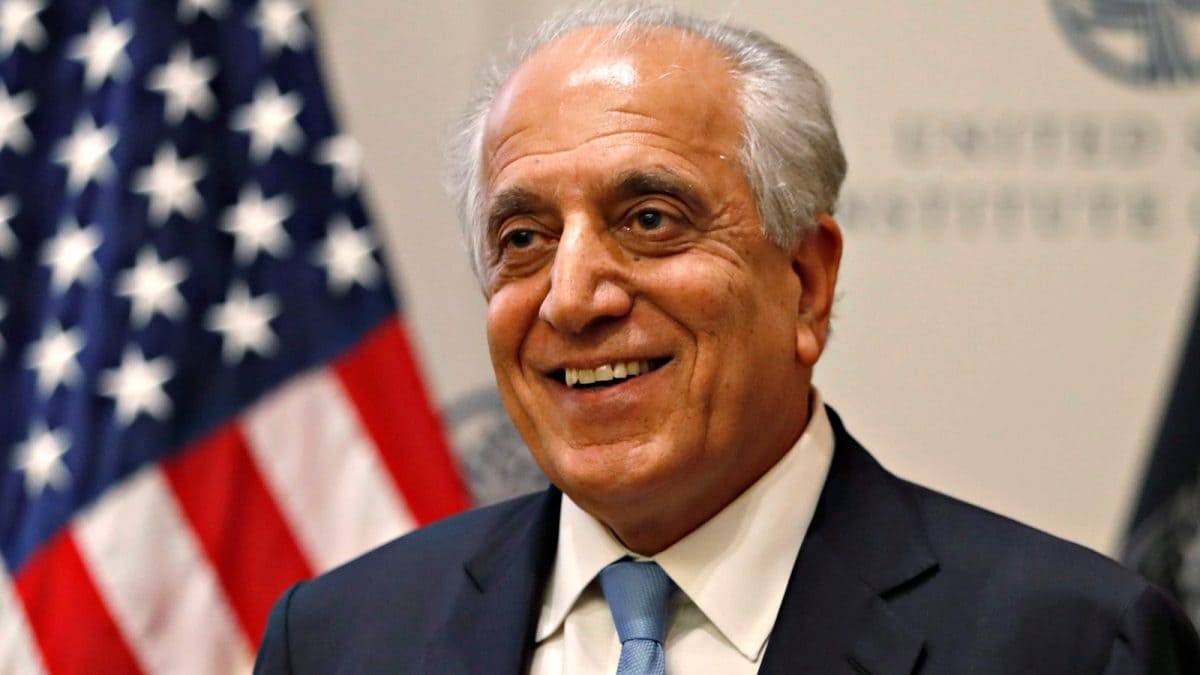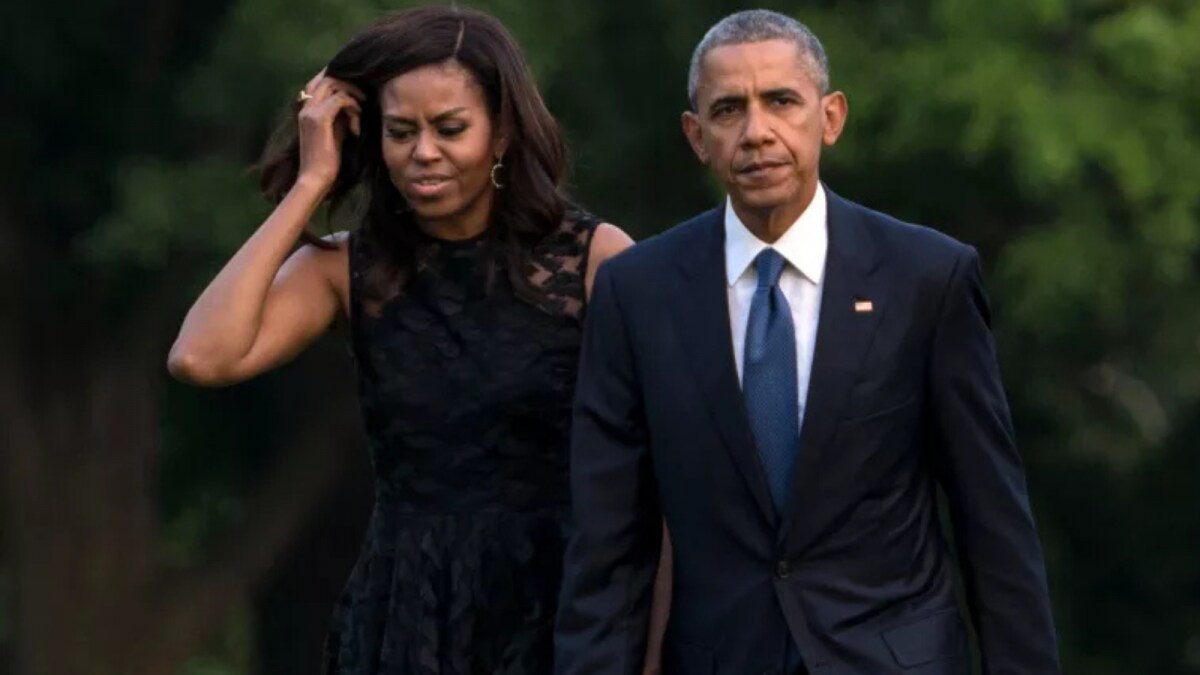ARTICLE AD BOX
Backing Defence Minister Rajnath Singh's stand to not sign the document at the SCO Defence Ministers' meeting, External Affairs Minister S Jaishankar took a veiled dig at Pakistan, saying it did not want a reference to terrorism in the communique.

External Affairs Minister S Jaishankar backed Defence Minister Rajnath Singh's move to not sign a joint communique of the SCO following the omission of the Pahalgam terror attack. (Photo: PTI)
In an oblique reference to Pakistan, External Affairs Minister S Jaishankar on Friday said India wanted a reference to terrorism in the outcome document of the Shanghai Cooperation Organisation (SCO) Defence Ministers' meeting, but it was not acceptable to "one country".
Jaishankar backed his Cabinet colleague and Defence Minister Rajnath Singh's move to not sign the SCO communique during the meeting in China's Qingdao, saying it would dilute India's stand on terrorism.
"Let me give you some context because I think it's important. The SCO's objective was to fight terrorism. This organisation exists to fight against terrorism. When Rajnath Ji went to the defence ministers' meeting and there was a discussion on the outcome document, one country, you can guess which one. That one country said 'no no, we do not want a reference to that'," he said in a press conference.
"Rajnath Singh's view rightly was, without that reference, that when the main purpose of the organisation is to fight terrorism, and you are not allowing a reference to that, he was not prepared to accept it. SCO runs with unanimity. One country did not agree for making reference to terrorism in the statement. So, Rajnath ji clearly said that if there is no mention of terrorism in the statement, we will not sign it," he said.
Singh on Thursday refused to sign a joint communique of the SCO following the omission of the Pahalgam terror attack, which killed 26 people, and not explicitly addressing India's concerns over Pakistan-backed cross-border terrorism.
According to sources, China, which holds the SCO chair, and its "all-weather friend" Pakistan, tried to divert the attention from terrorism in the SCO document, skipping any mention of the Pahalgam terror attack. However, the document mentioned Balochistan, a veiled attempt to accuse India of creating unrest in the Pakistani province.
Over the years, Pakistan has claimed that India supported the Baloch armed groups in the province. However, India has maintained that it was an internal issue of Pakistan.
WHAT DID RAJNATH SINGH SAY AT SCO MEET?
In his remarks at the SCO Defence Ministers' meeting, Singh said there should be no place for double standards regarding terrorism and the 10-member bloc should not hesistate to blame countries that indulge in such actions.
Without naming Pakistan, Singh stressed that peace and prosperity cannot co-exist with terrorism. "I believe that the biggest challenges that we are facing in our region are related to peace, security and trust deficit. The root cause of these problems is increasing radicalisation, extremism and terrorism, he said.
"Those who sponsor, nurture and utilise terrorism for their narrow and selfish ends must bear the consequences. Some countries use cross-border terrorism as an instrument of policy and provide shelter to terrorists. There should be no place for such double standards. SCO should not hesitate to criticise such nations," he said.
He urged the SCO member states to take united and decisive action against terrorism and non-state actors and terror groups possessing weapons of mass destruction (WMDs) that could jeopardise peace in the region.
The SCO was established in 2001 by six countries - China, Kazakhstan, Kyrgyzstan, Russia, Tajikistan and Uzbekistan. In 2017, India and Pakistan became full members of the bloc, while Iran and Belarus were inducted into the grouping in 2023 and 2024, respectively.
- Ends
(with inputs from agencies)
Published By:
Prateek Chakraborty
Published On:
Jun 27, 2025



.png)
.png)
.png)
















 2 hours ago
4
2 hours ago
4










 English (US) ·
English (US) ·